Common Uses: Anxiety, Stress, Cognitive Performance, High Blood Pressure
L-theanine (N-ethyl-L-glutamine) is a non-protein amino acid derived from tea leaves and has significant calming medicinal properties.
Traditional Use:
Various types of tea have been consumed since ancient times and have been recognized for their abundant therapeutic properties. In particular, the health benefits of teas steeped from Camellia sinensis leaves have been attributed to the amino acid, l-theanine. In the 1940s, an extract of l-theanine was isolated from a solution containing dried tea leaves and has been shown to have an overall relaxing effect on the body. The many health benefits of this amino acid range from promoting a calm mental state, to reducing the resting heart rate, to strengthening the immune system (Williams et al., 2016).
Research Overview:
Research has shown l-theanine to be an effective supplement for overall stress reduction. Scientific findings demonstrate that l-theanine may pass freely through the blood-brain barrier, lessen the release of presynaptic glutamate, enhance the neurotransmitter, GABA, and increase glycine and dopamine levels. In addition, l-theanine is linked to an increase in alpha wave brain activity which is associated with decreased anxiety, heightened concentration, and increased creativity.
These biochemical effects provide an explanation for the ability of l-theanine to alleviate symptoms of neurological disorders and spread a sense of relaxation throughout the body and mind. A study with 46 patients who experience generalized anxiety disorder (GAD) and currently take antidepressants documents the impact of l-theanine on sleep. The participants treated with l-theanine reported greater sleep satisfaction in comparison to treatment with the placebo.
Additionally, a study using an animal model of anxiety and depressive disorders highlights the anti-anxiety effects of l-theanine. The results suggest that by changing glutamate and methionine levels in the brain, l-theanine is able to increase hippocampal activity and facilitate anxiolytic effects. Another study using an animal model demonstrated the reduction of psychosocial stress prompted by l-theanine. This study highlights the importance of treating stress, as it is a major factor in the onset of mood disorders, cardiovascular diseases, and an array of other age-related ailments.
Interesting Fact: The types of tea leaves with the highest concentrations of l-theanine include green, oolong, and pu-erh.
Sources:Williams, Jackson, et al. “l-Theanine as a Functional Food Additive: Its Role in Disease Prevention and Health Promotion.” MDPI, Multidisciplinary Digital Publishing Institute, 30 May 2016
Sarris, Jerome et al. “L-theanine in the adjunctive treatment of generalized anxiety disorder: A double-blind, randomised, placebo-controlled trial.” Journal of psychiatric research vol. 110 (2019): 31-37. doi:10.1016/j.jpsychires.2018.12.014
Ogawa, S., Ota, M., Ogura, J. et al. “Effects of L-theanine on anxiety-like behavior, cerebrospinal fluid amino acid profile, and hippocampal activity in Wistar Kyoto rats.” Psychopharmacology 235, 37–45 (2018). https://doi.org/10.1007/s00213-017-4743-1
Unno, K., Iguchi, K., Tanida, N., Fujitani, K., Takamori, N., Yamamoto, H., Ishii, N., Nagano, H., Nagashima, T., Hara, A., Shimoi, K. and Hoshino, M. (2013), “Ingestion of theanine, an amino acid in tea, suppresses psychosocial stress in mice.” Experimental Physiology, 98: 290-303. doi:10.1113/expphysiol.2012.065532

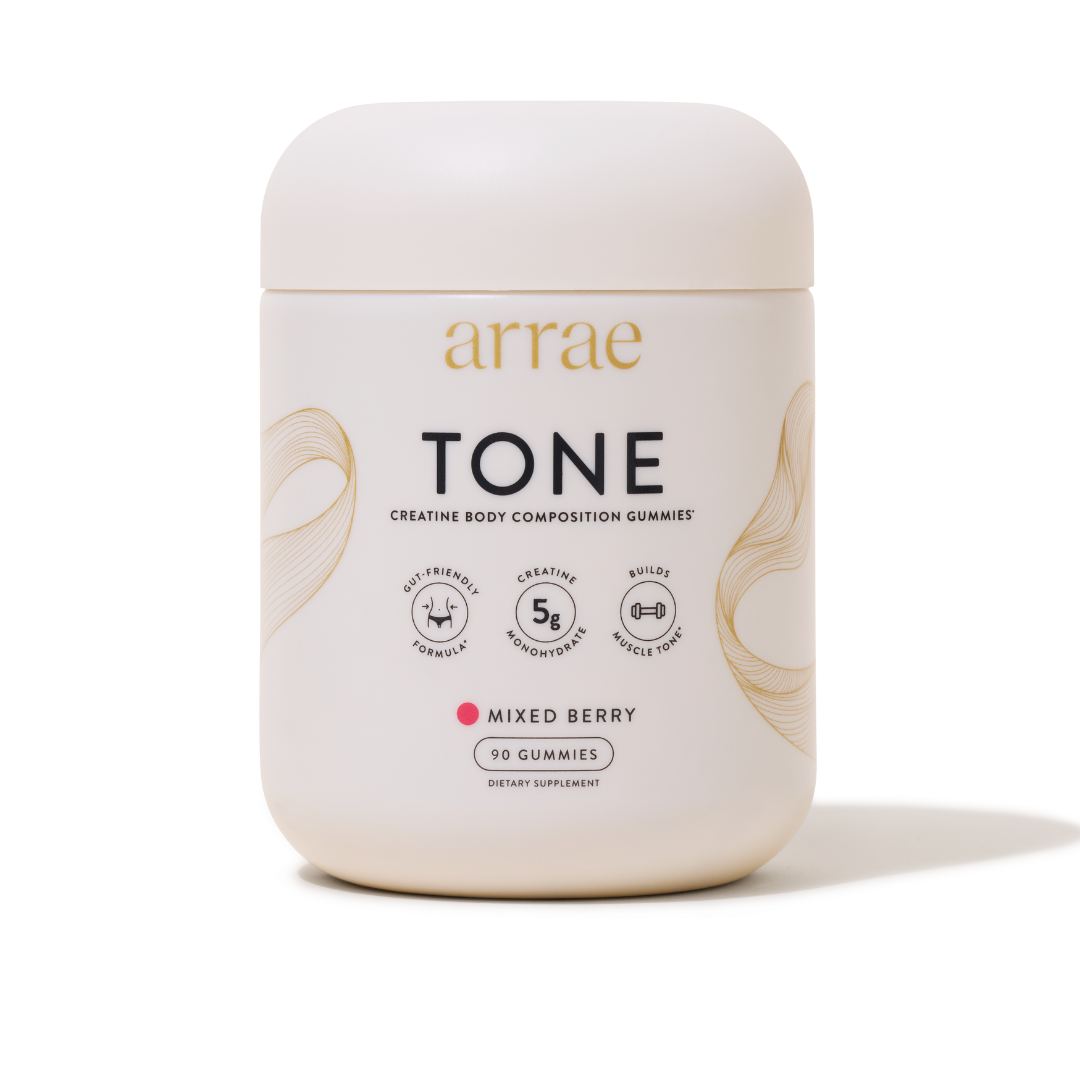
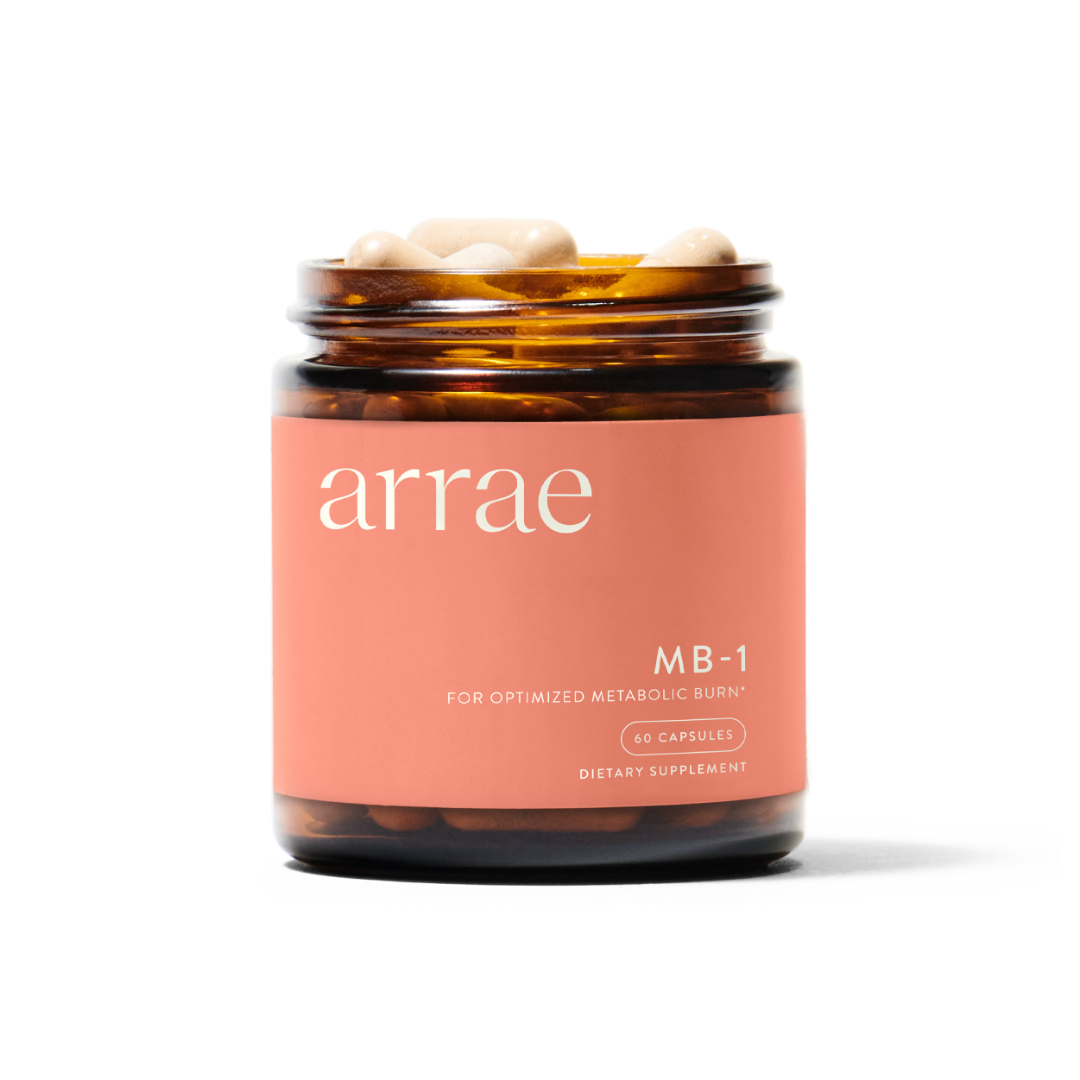
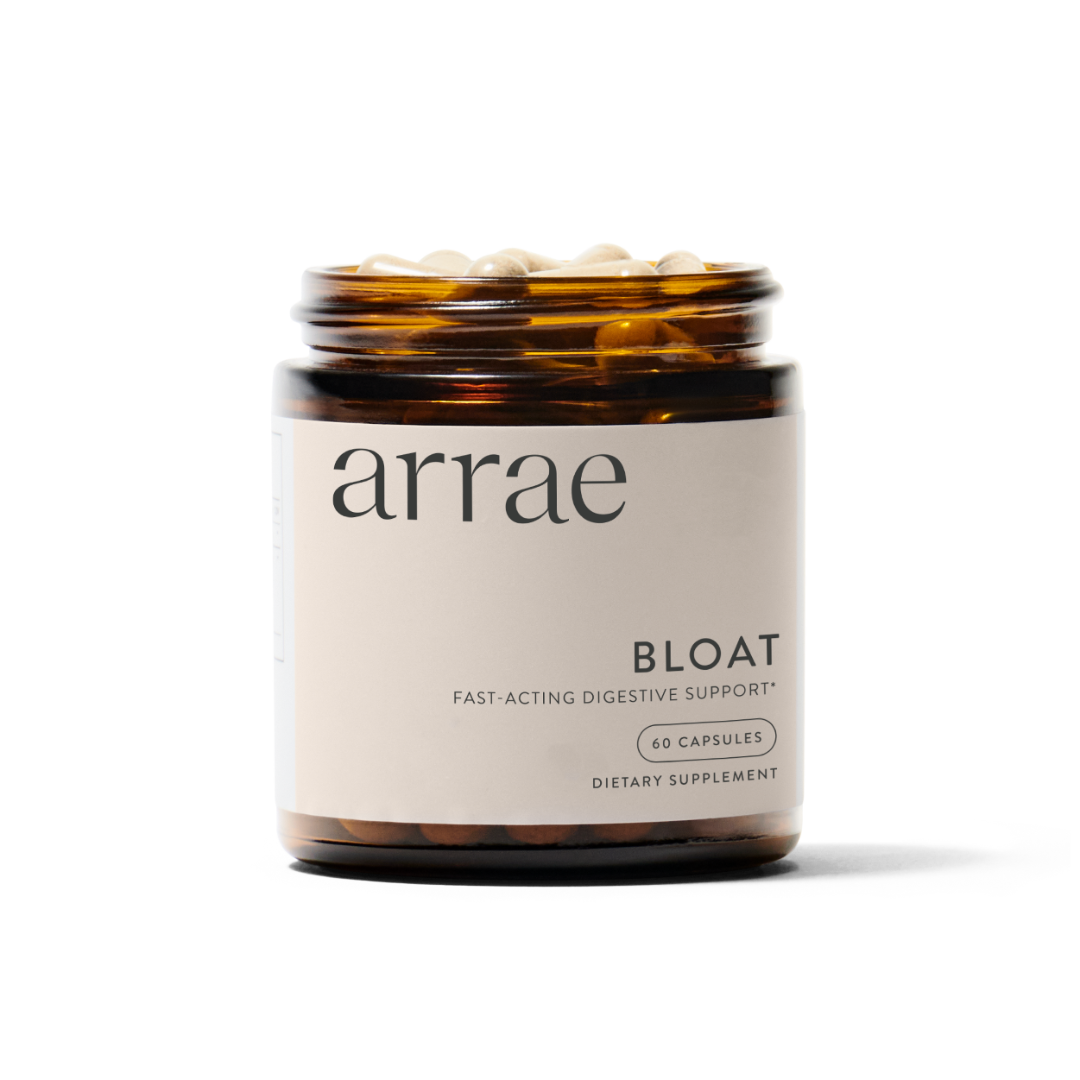
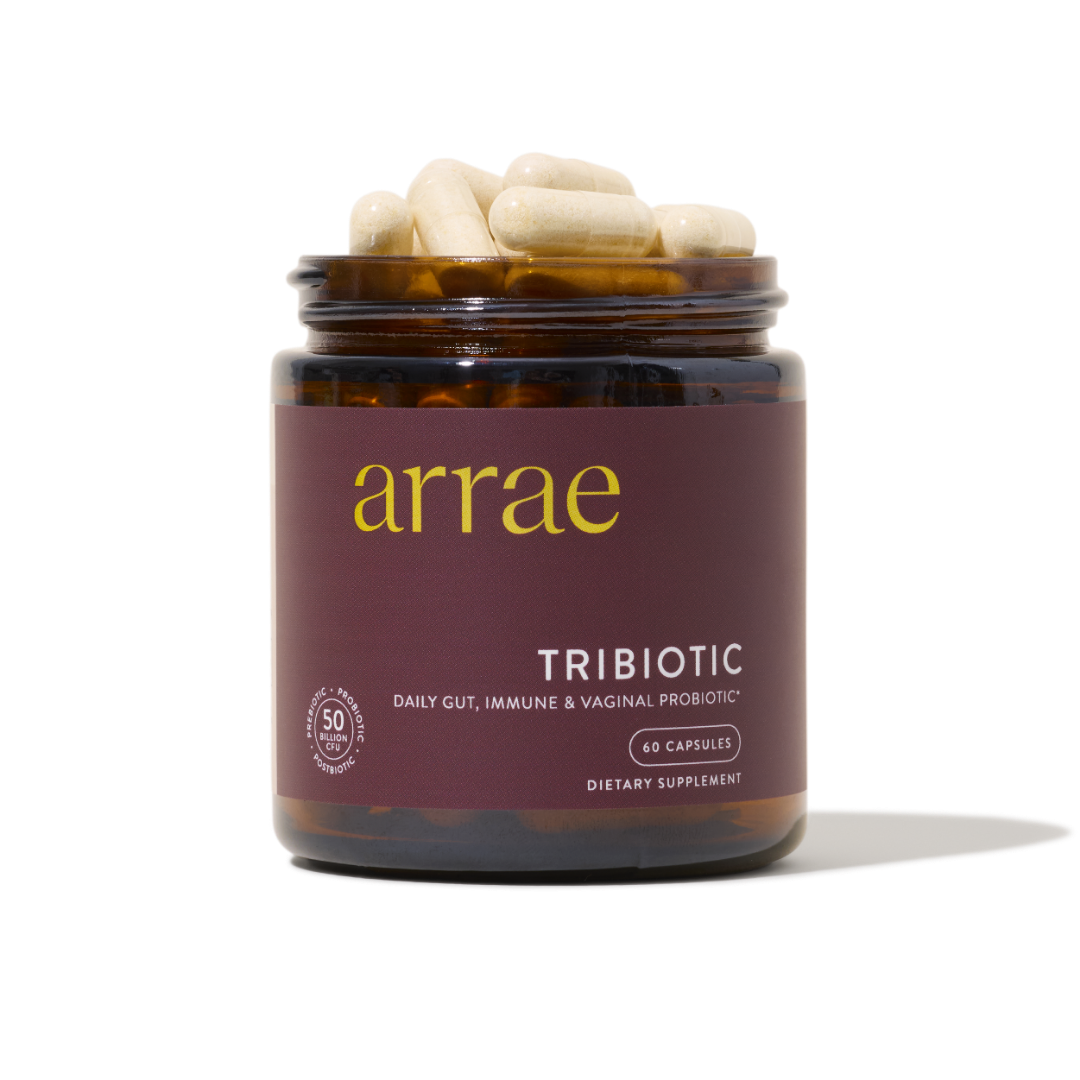
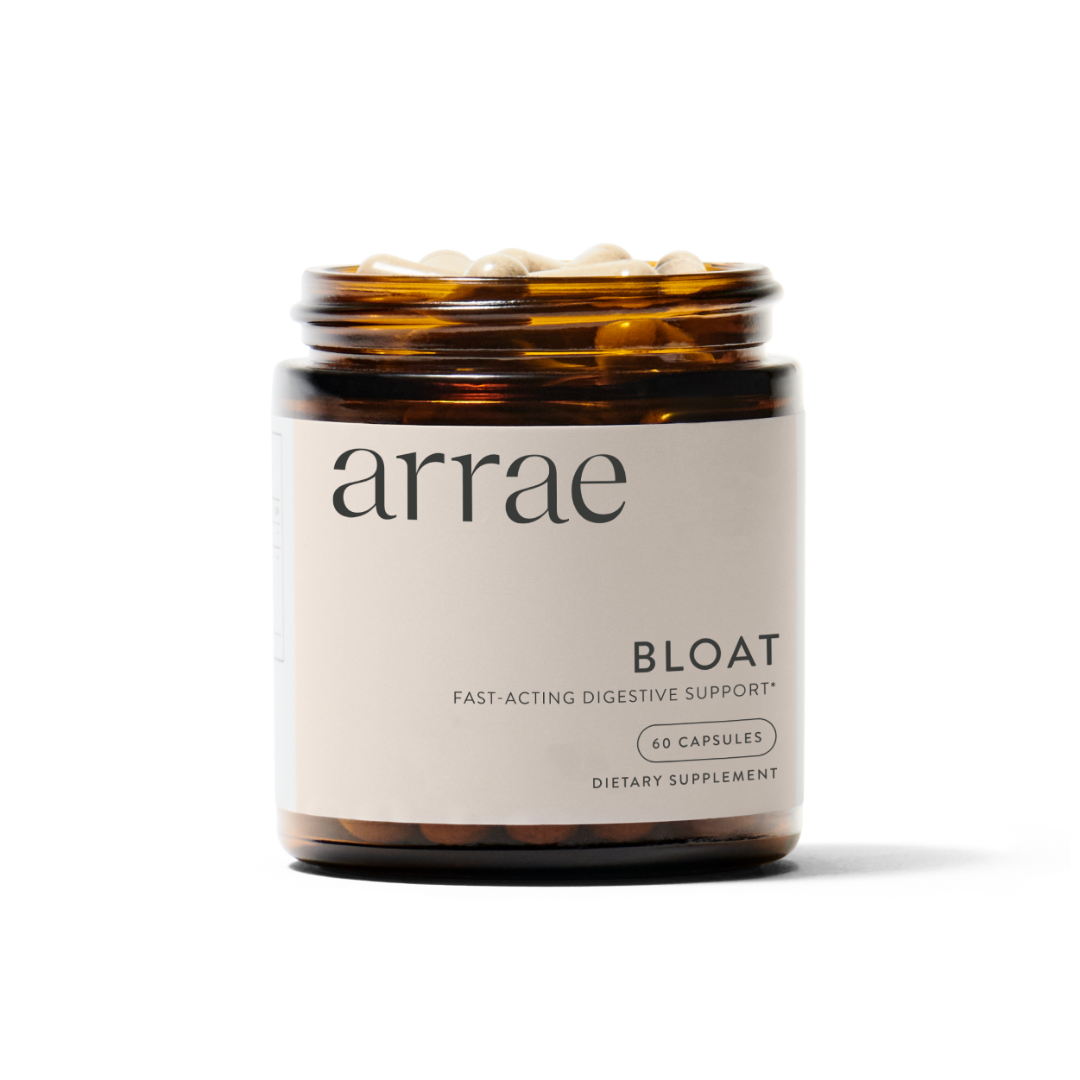
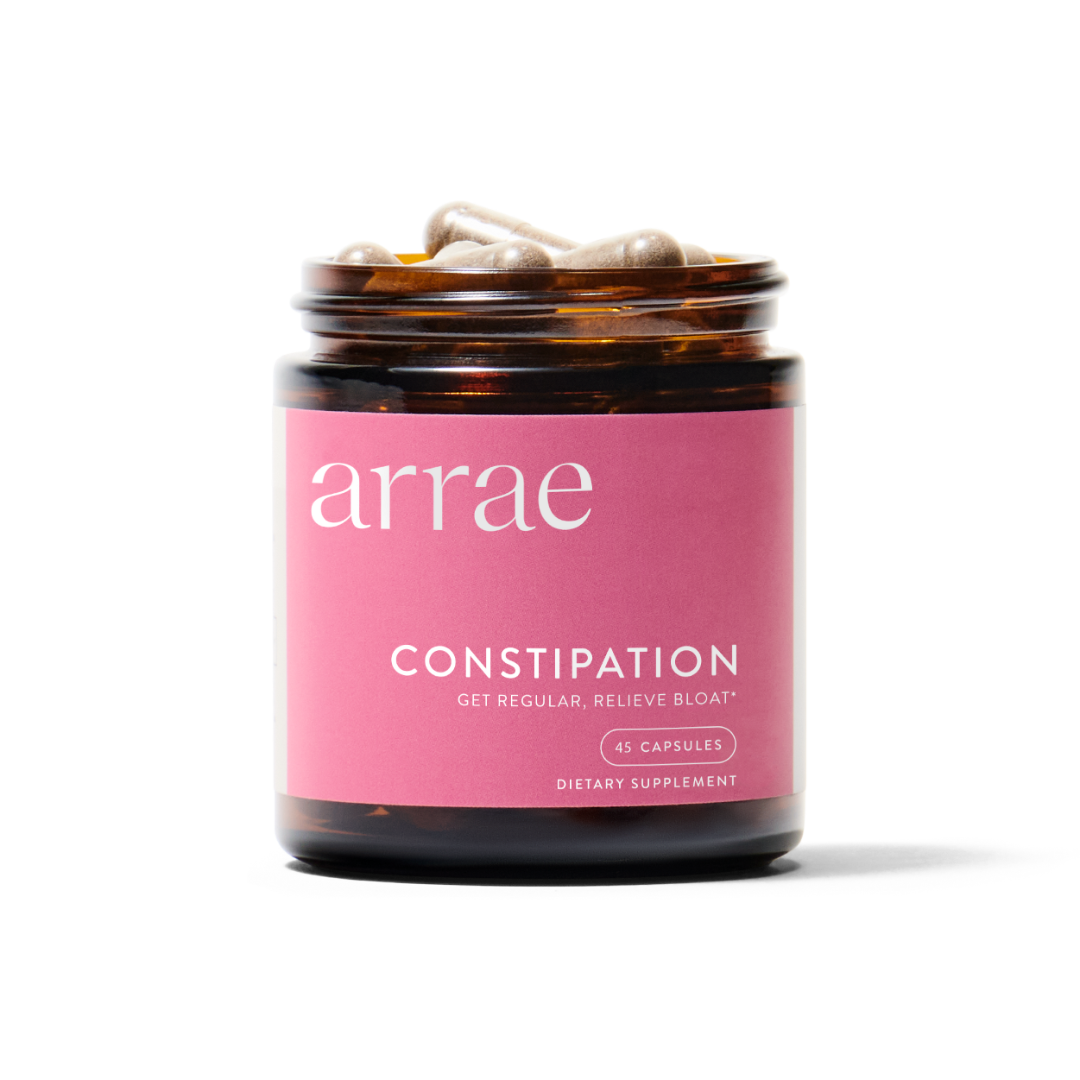

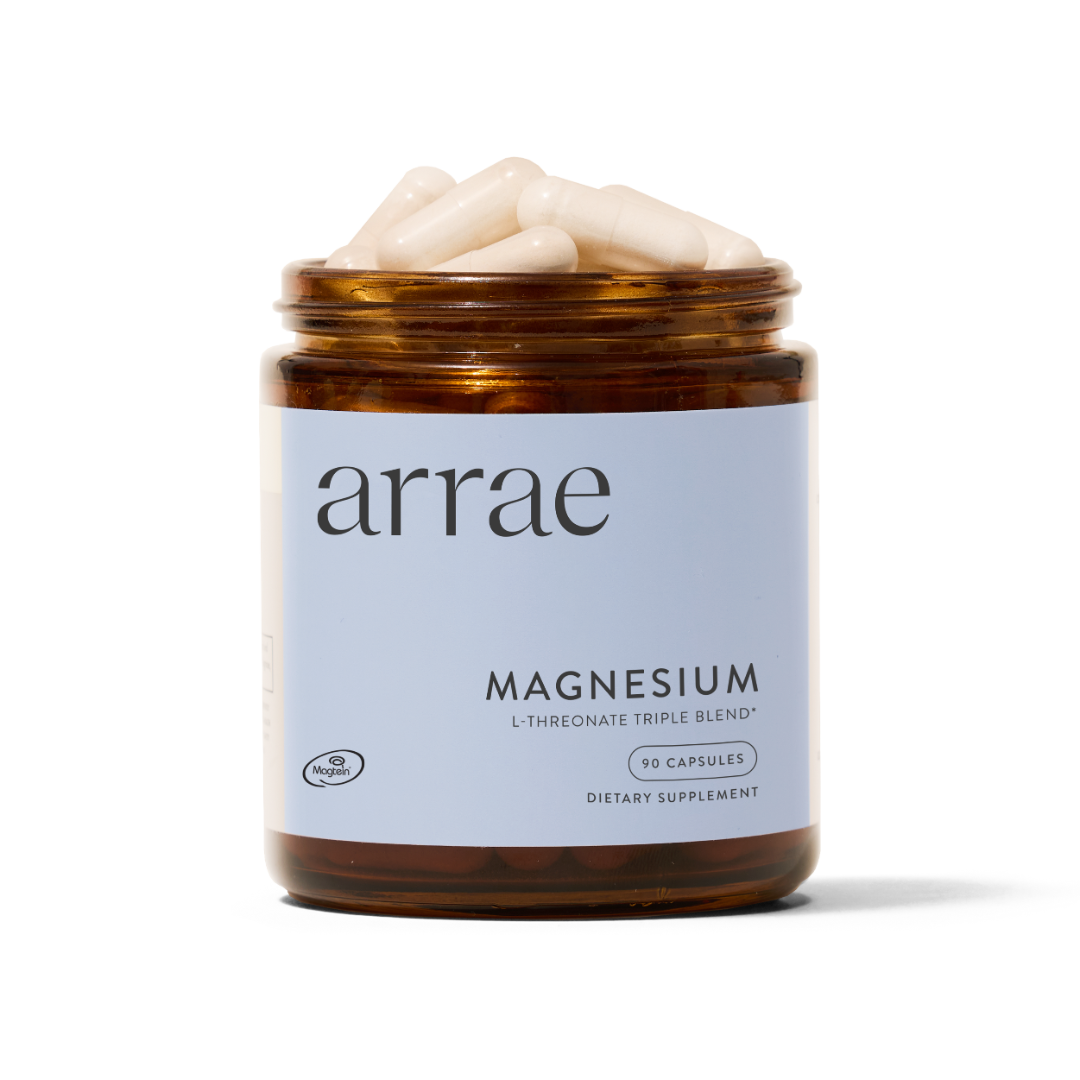
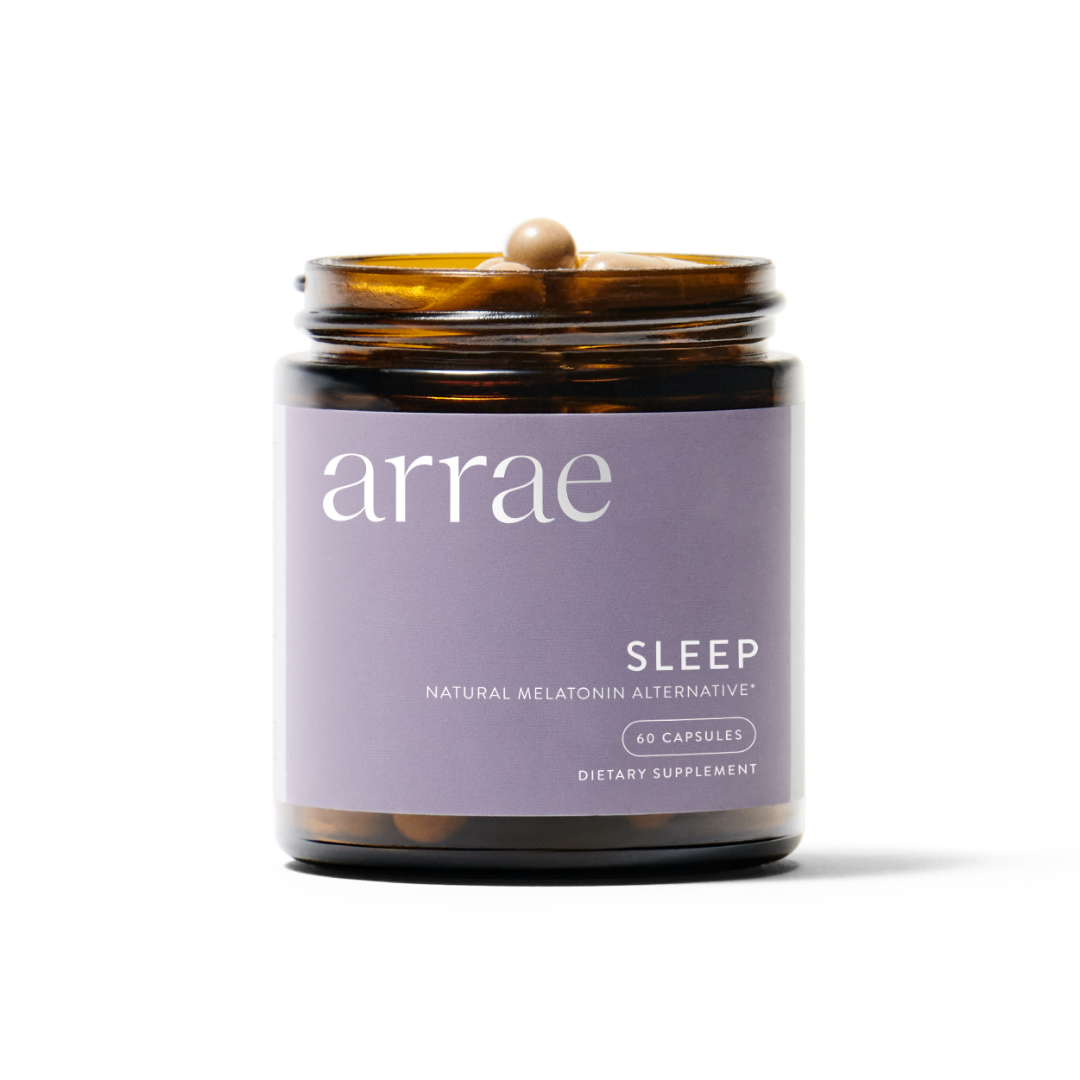
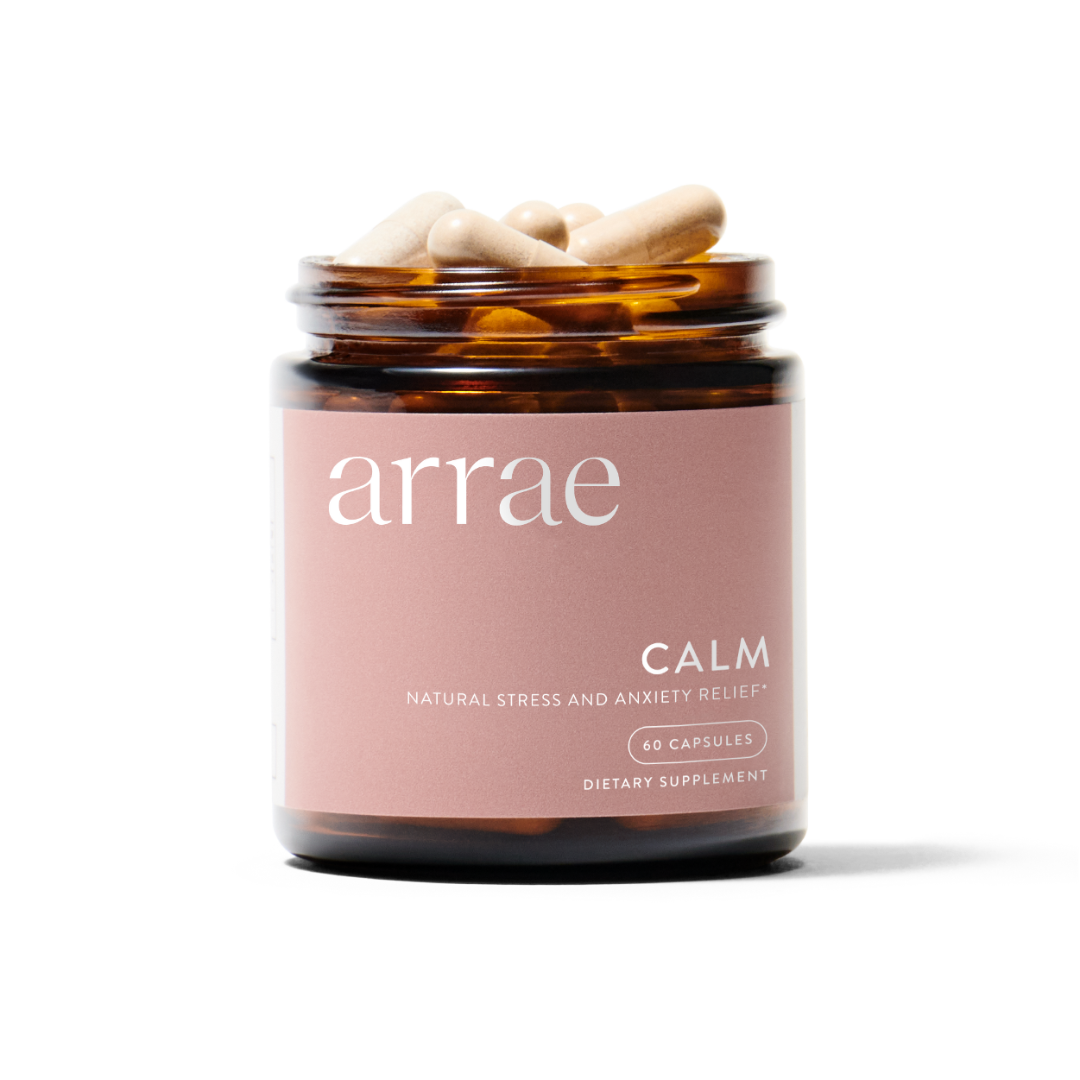
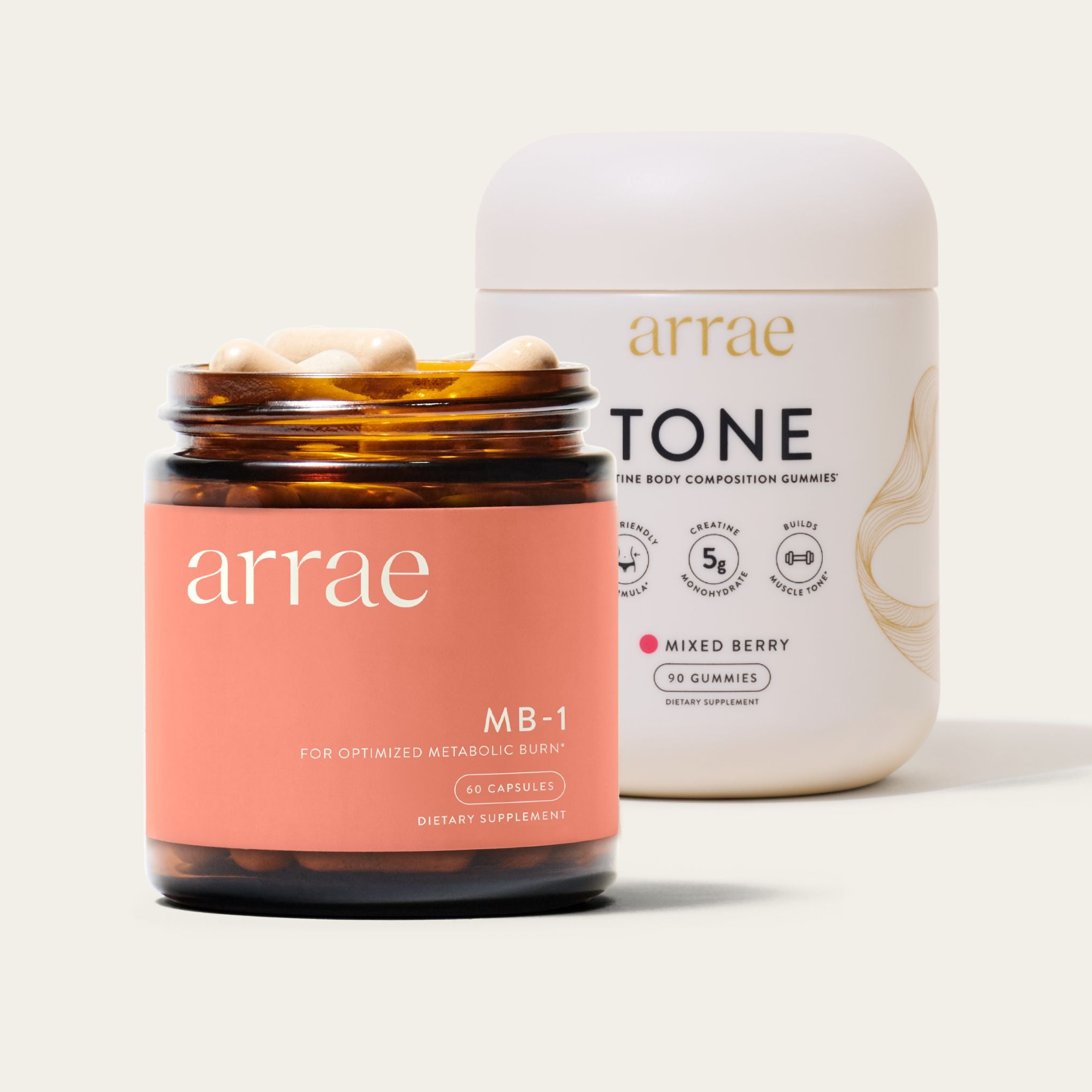
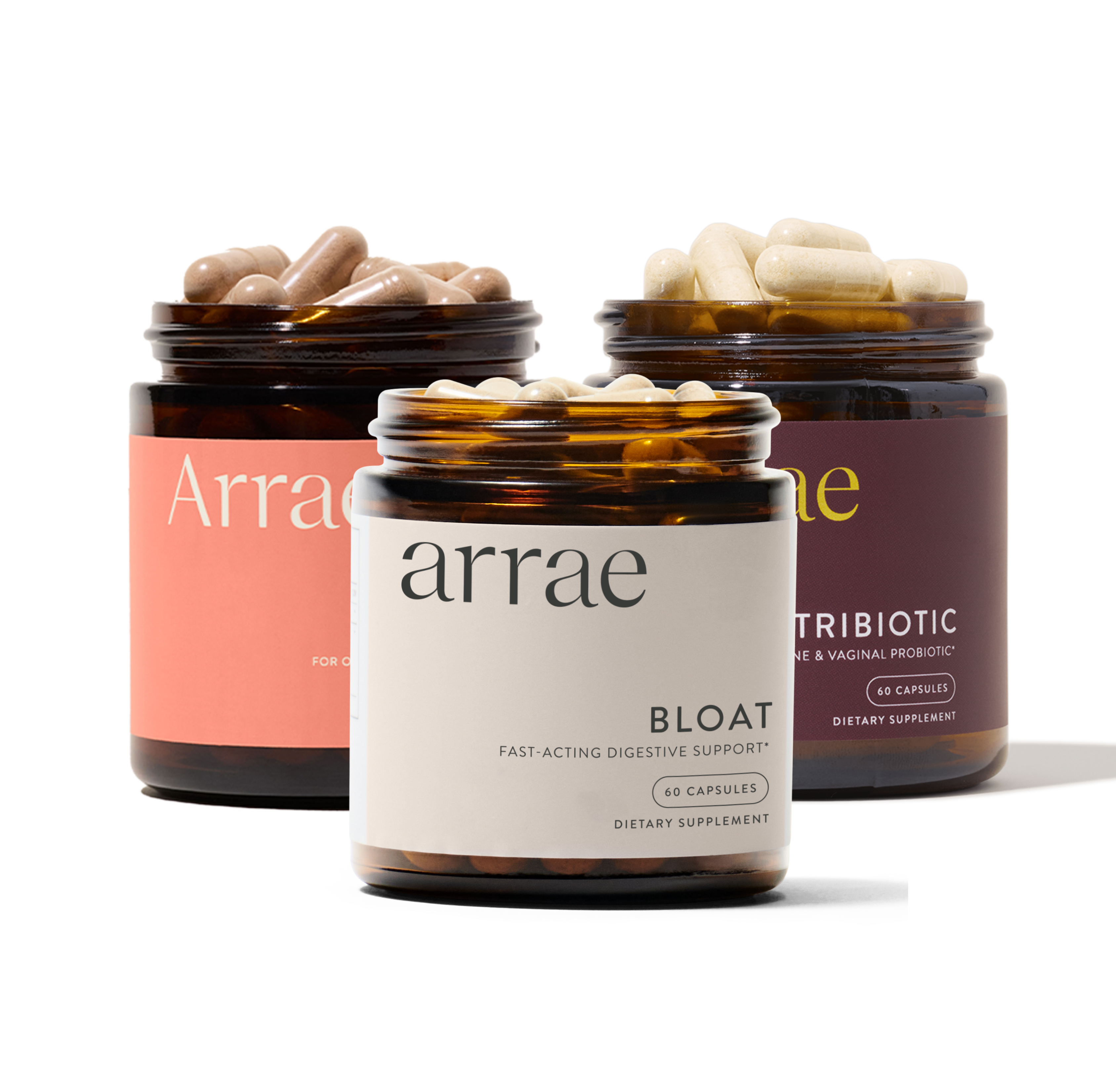
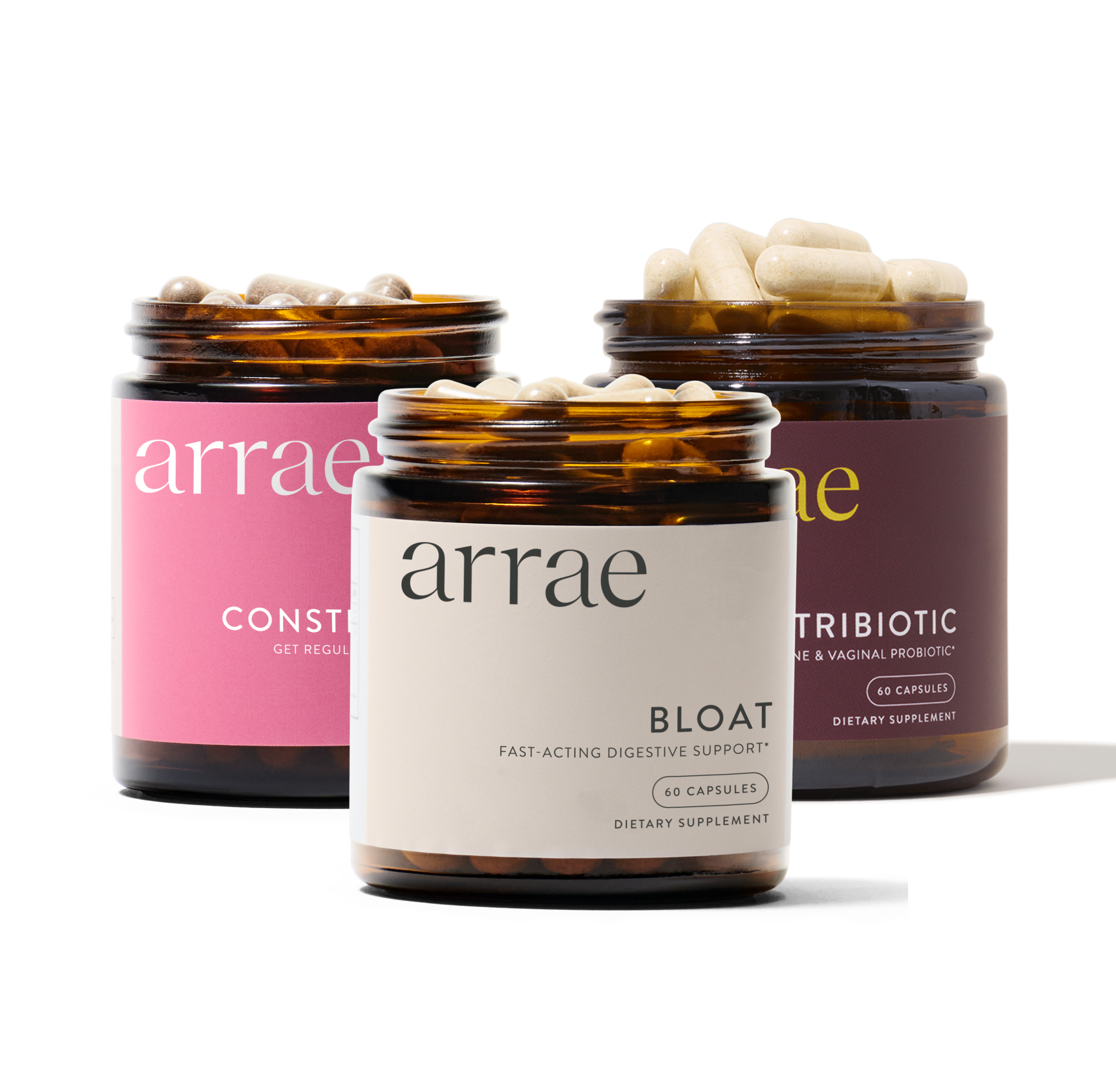






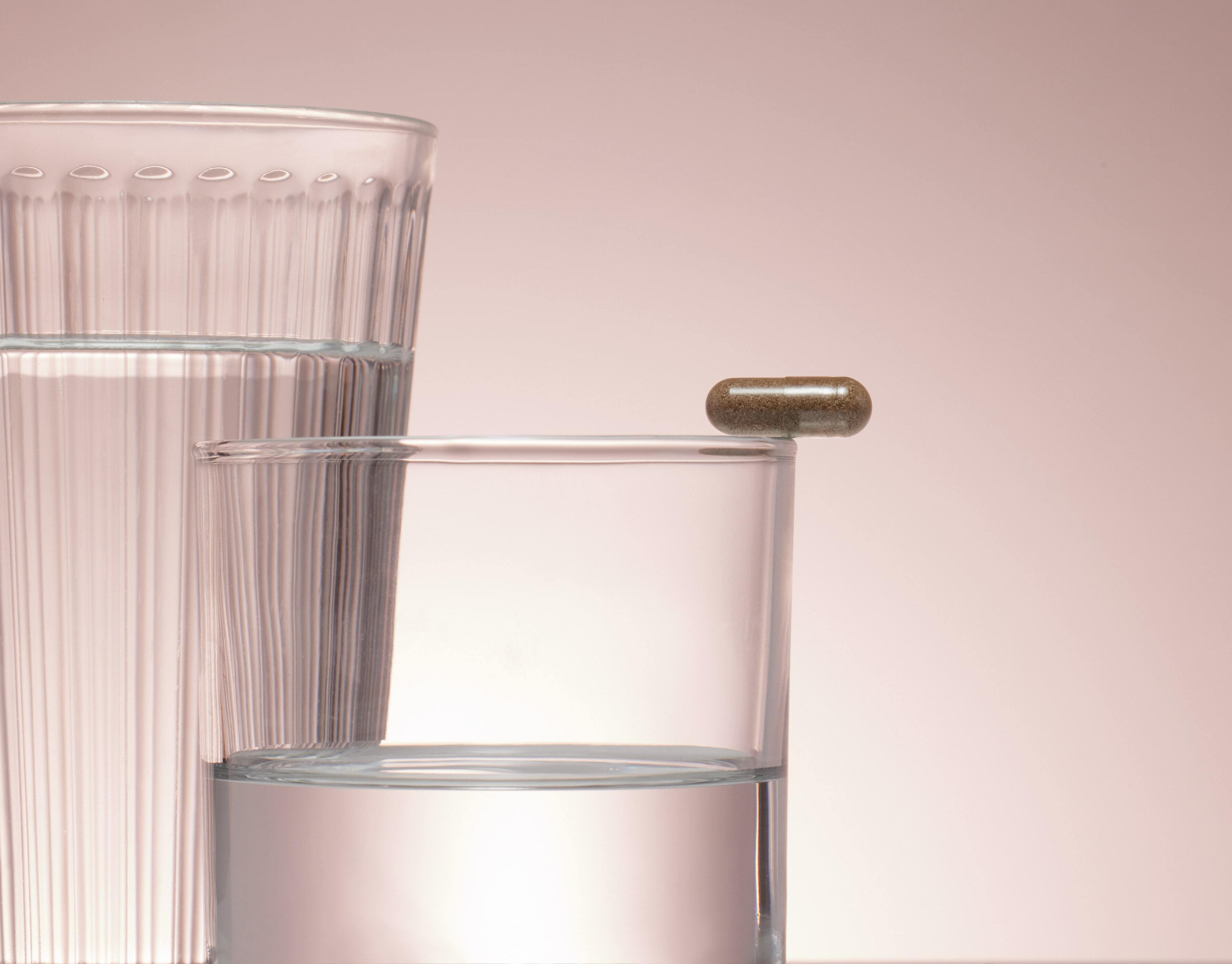

 Instagram
Instagram TikTok
TikTok Youtube
Youtube Facebook
Facebook Email
Email